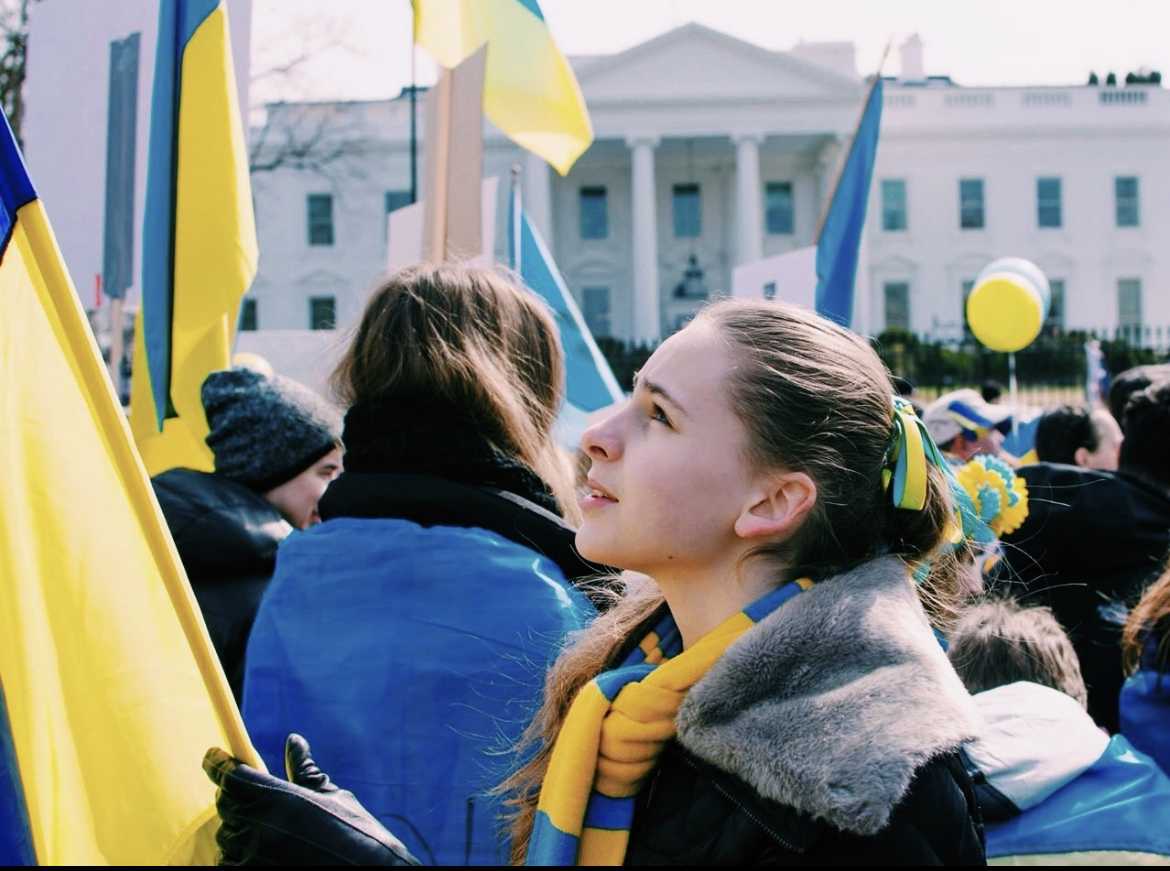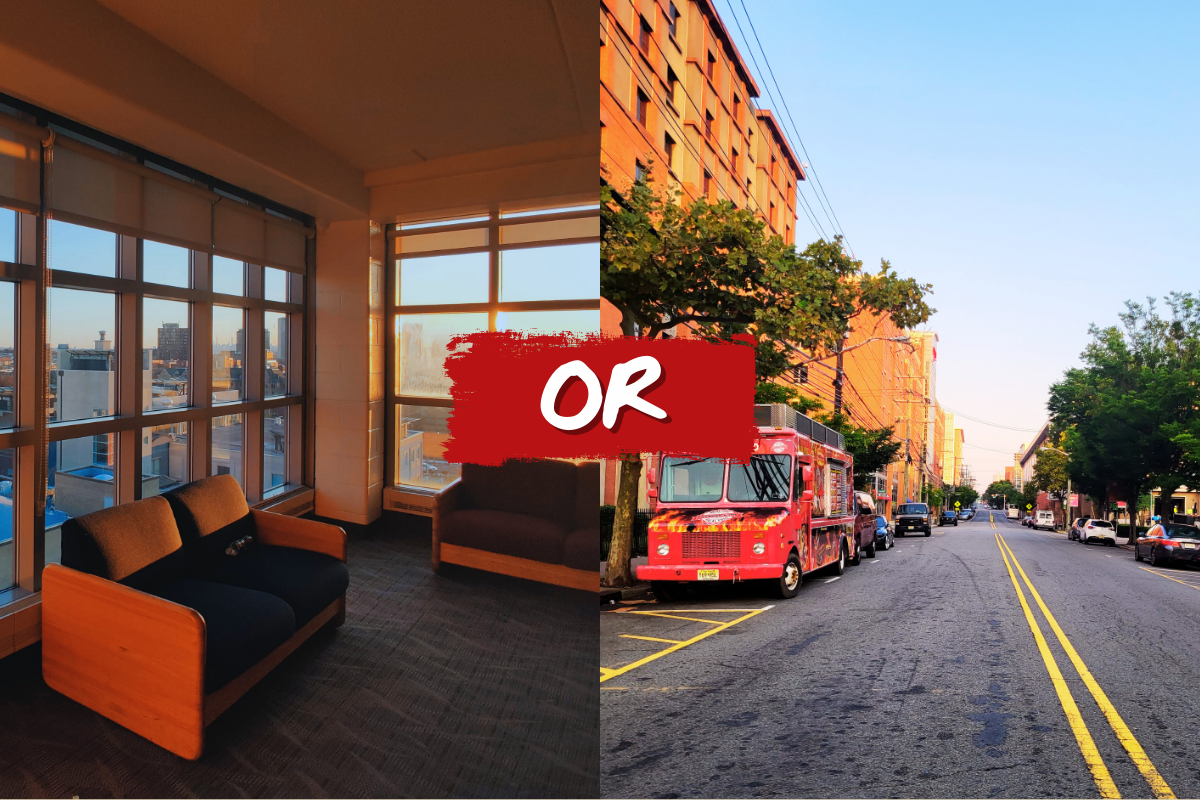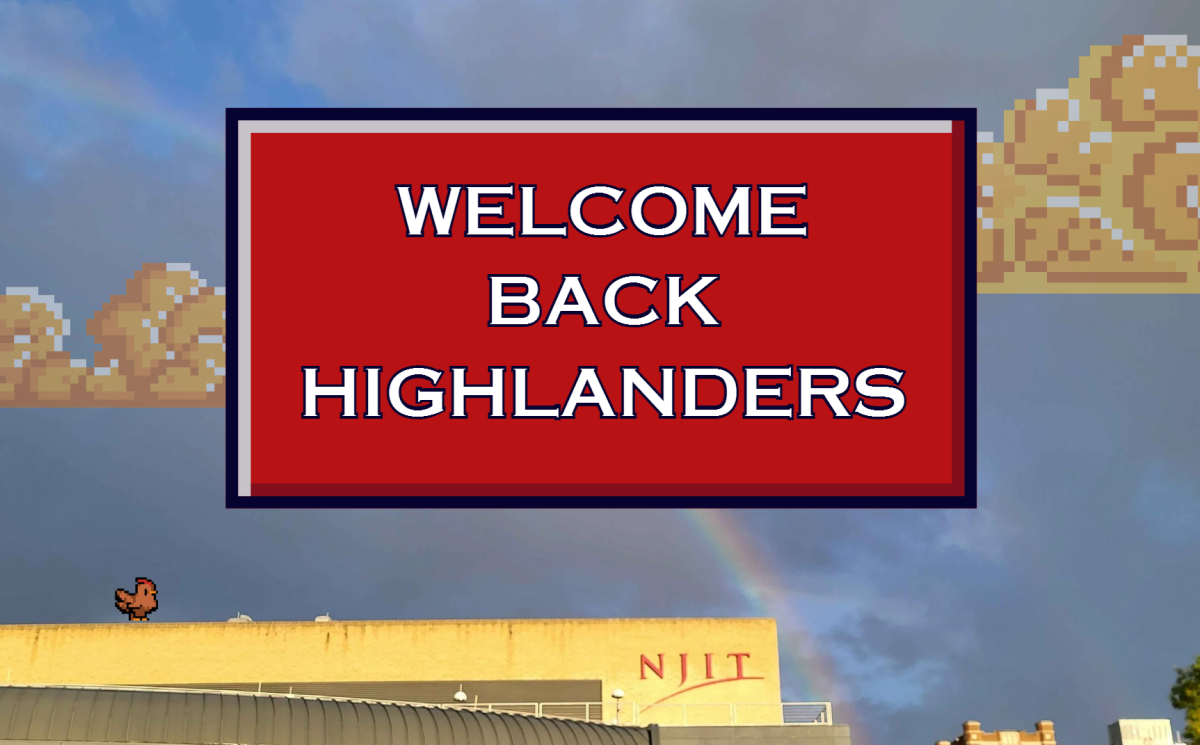“The invasion wasn’t even my biggest shock. My biggest shock so far has been that people are finally starting to notice. We’ve been screaming from the rooftops for years, and now the world has finally started to listen,” said Nadiya Stakhyra, a data science graduate student, about Russia’s attacks on her home country of Ukraine.
Most of her family lives in Western Ukraine, in the Lviv and Ternopil regions. With every passing minute, their situation can drastically change. Just last Friday, there were six missiles fired at Lviv for the first time. “When people ask me if they are okay, I always say I don’t know,” Stakhyra said.
Throughout her life, she has been taught the “tragic and painful history of Ukraine, especially when it comes to Russia. From millions killed by starvation in the Holodomor genocide, mass deportations of native Ukrainians and Crimean Tatars, to colonization, enslavement, and oppression of [her] ancestors. Even as recently as the last century, the language, the religion, the culture was being suppressed in Ukraine during the Soviet Union.”
This has resulted in no surprise for her when she found out about the invasion on Feb. 23. Heartbroken and devastated as she got the message, she cried with her mom on the phone. The next day, she gathered with her family and friends at a rally in New York City to protest the war and ask the United States for help.
She has been active in sharing posts on social media about the current situation, Ukraine’s history and its culture. “I want to spread awareness,” Stakhyra mentioned. “I know a lot of people don’t read the news, or if they do, they only really see a headline or just blanket statements on what’s going on.”
Being so close to the situation emotionally, she finds it hard to imagine anyone outside of all of it caring as deeply as she does. “It’s okay if they don’t — I don’t post for those people. I post for the people who maybe don’t watch the news but are curious about what’s happening,” she explained. “If there’s a single person out there who cares and maybe decides to actually look through the posts I make, read about the situation, watch the videos, learn about the history and the culture, then I have succeeded.”

Sofia Migalko is a senior biomedical engineering major. Upon hearing the news, she couldn’t sleep at all. Her family is from Western Ukraine, namely Zakarpattia Oblast and Ivano-Frankivsk Oblast.
“The memories of my childhood summers played across my eyes like a movie — making haystacks, picking plums, pears, crabapples, and cherries off the trees, taking the cows out to the pastures with my cousin and sister, watching the sun set over the mountains before going back home, the overnight train ride to Kyiv, the beautiful scenery we passed,” Migalko described.
“My cousin shared a video that her neighbor who stayed behind took. It was a missile flying right past their apartment window,” she said. “I can’t imagine what living through that is like. To see that whiz past you while you’re up in your apartment, your once safe space… They went from planning their futures to sleeping in metro stations and basements.”
Like Stakhyra, Migalko learned of the suppression of Ukrainian culture expression from a young age. “People told me, ‘oh, you’re basically Russian, right?’ (No!) and tried to fact-check me on the existence of Ukraine.”
She thinks about the various degrees of trauma that almost every generation of her family has had to live through and how she thought those days were behind them. “They’ve lived through the Holodomor, Nazi occupation, the bleakness the Soviet Union and Chornobyl, the start of the Russo-Ukrainian war in the East and the annexation of Crimea, and now, this full scale invasion,” she mentioned.
All she wants to do is be with her family right now. She was planning a visit to Kyiv to stay with her cousins over the summer. She thought, “Will there be anything left to see? Will these cities be leveled, its history wiped away? How many more hospitals, schools or civilian infrastructures will be targeted before this stops?”
Elizabeth Stoganenko couldn’t believe the attacks when she heard about them. The second-year architecture major “kept thinking that all of this would simmer down, especially since Putin had no valid reason for stepping into the country.”
She is half Russian and half Ukrainian, so it felt to her as if her entire identity was being attacked. “I feared for the lives of my extended family that lives in Ukraine but also worried about the brainwashing and isolation of my family members in Russia,” she said.
Andriy Vasiyschouk graduated from NJIT in 2016 with a bachelor’s in mechanical engineering and now works as a packaging engineer for the United States Army. Born in Western Ukraine’s Chervonohrad, his cousins, along with Vasiyschouk, came up with the idea of using the help of their friends in neighboring countries such as Italy and Poland to purchase items and deliver them to Chervonohrad the week the war started.
This would eliminate the delay of when the collected humanitarian and medical aid arrived in Ukraine from the United States. Vasiyschouk stated, “The need came from our city of Chervonohrad being one of the closest cities to the Polish border, 30 miles away, and seeing a lot of refugees that were either passing through or finding a new safe place to live.”
This initiative is called “Friends of Chervonohrad,” and more information can be found at https://www.friendsofchervonohrad.com/. Direct donations can be made at https://givebutter.com/ZYuhz9#.
Stakhyra urges others to help Ukraine through whatever means possible. She encouraged, “If you see a petition, sign it. If you have the means, donate to a verified fundraiser. If you see some information that needs to be spread, share it. Contact your representatives to ask them to continue to provide aid to help defend Ukraine. Do not be silent. Do not be a bystander to injustice. The least you can do is educate yourself on the situation, and if you see misinformation being spread in your circles, speak up.”
On March 14, NJIT community members received an email from the university’s president, Joel Bloom, with a statement from the New Jersey Presidents’ Council; it begins with, “We, the members of the New Jersey Presidents’ Council, are outraged and deeply saddened about the horrific unprovoked attack on Ukraine and stand in solidarity with Ukrainians as they defend the sovereignty of their nation.”
Three days later, the Offices of the Dean of Students and Human Resources sent an email to the NJIT community with lists of organizations helping with Ukraine relief. They wrote, “NJIT stands with Ukraine as they defend their freedom and independence.”
Stoganenko concluded, “Ukrainians will continue to put up a fight and defend their homeland.”




































